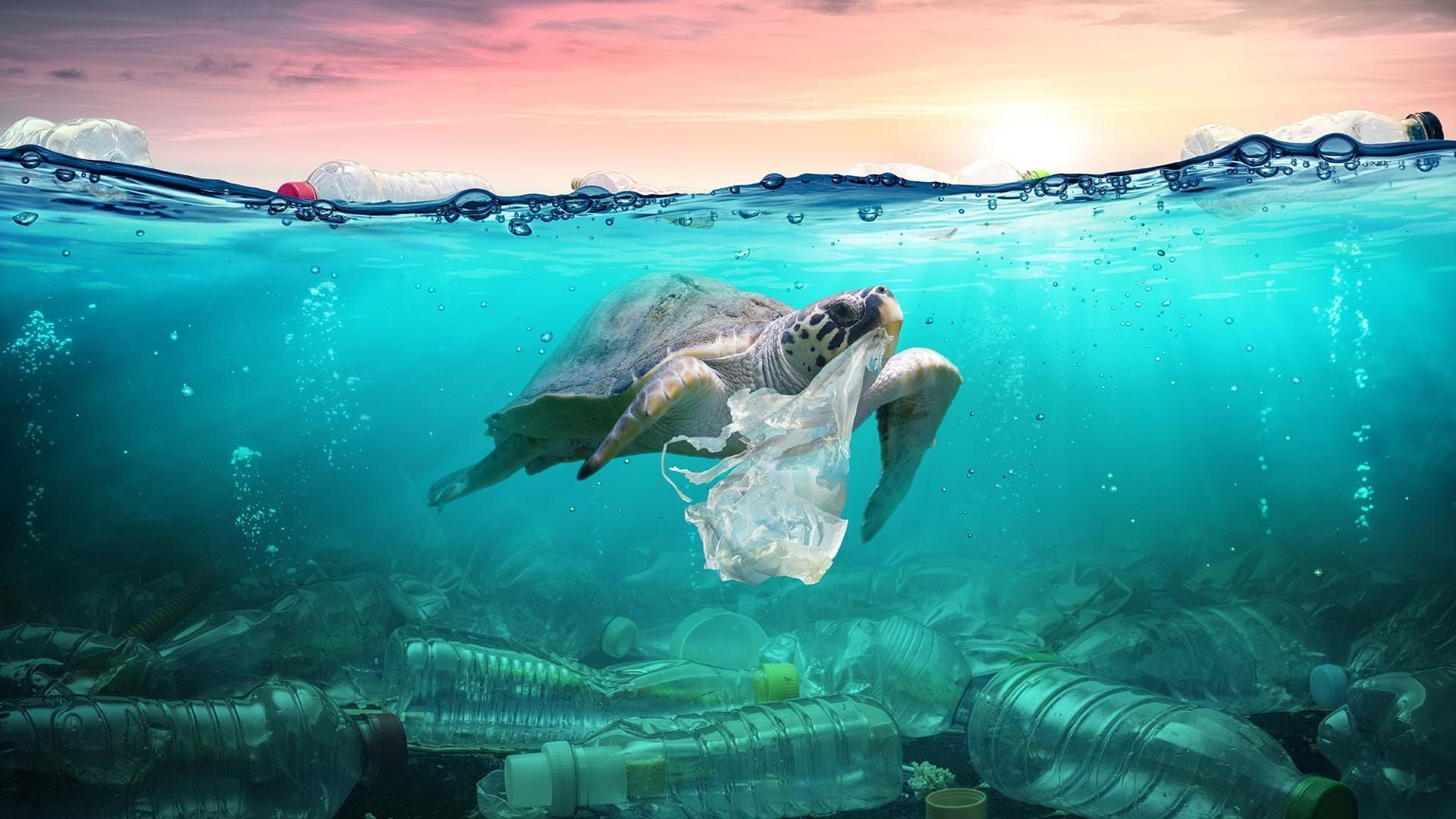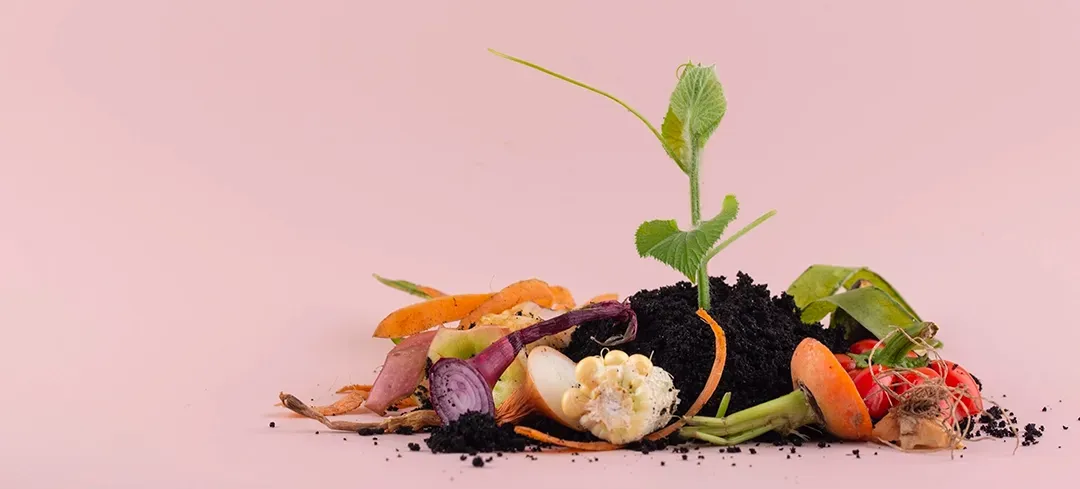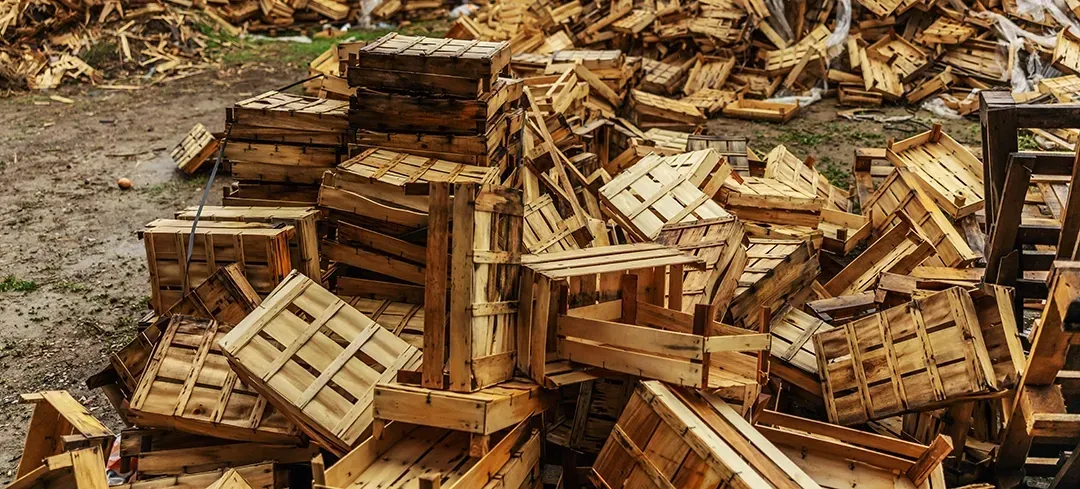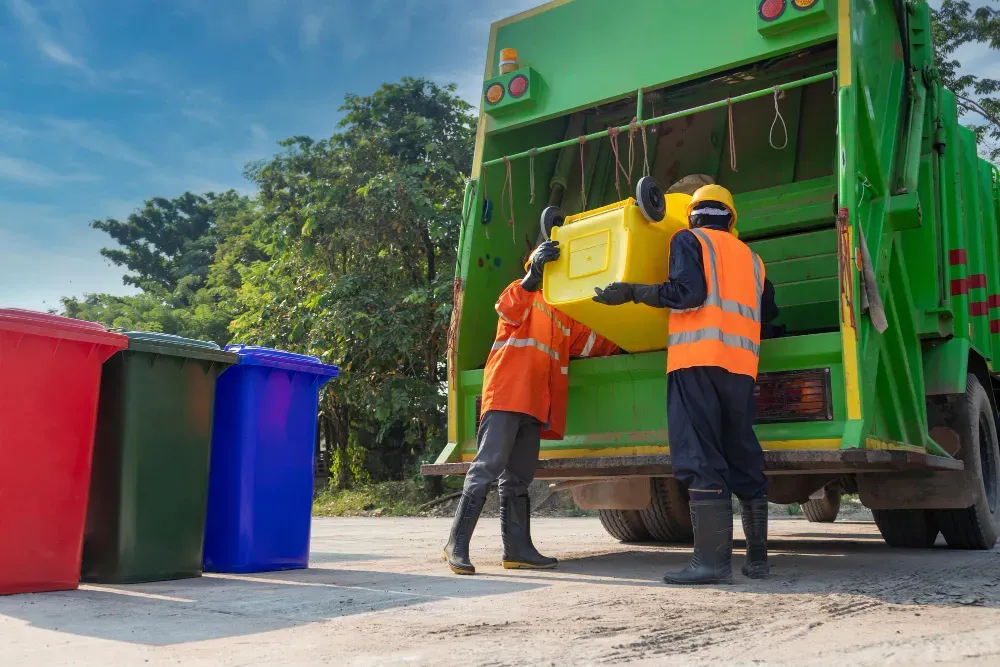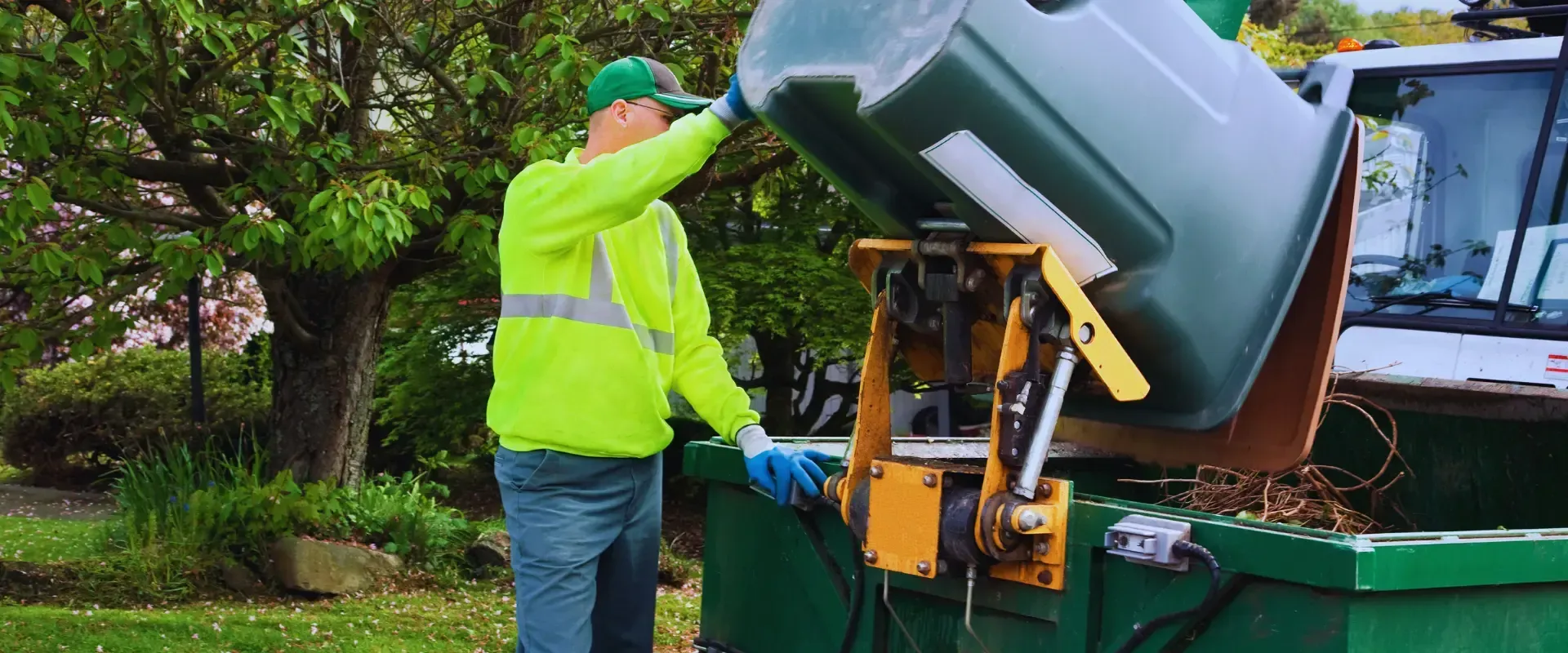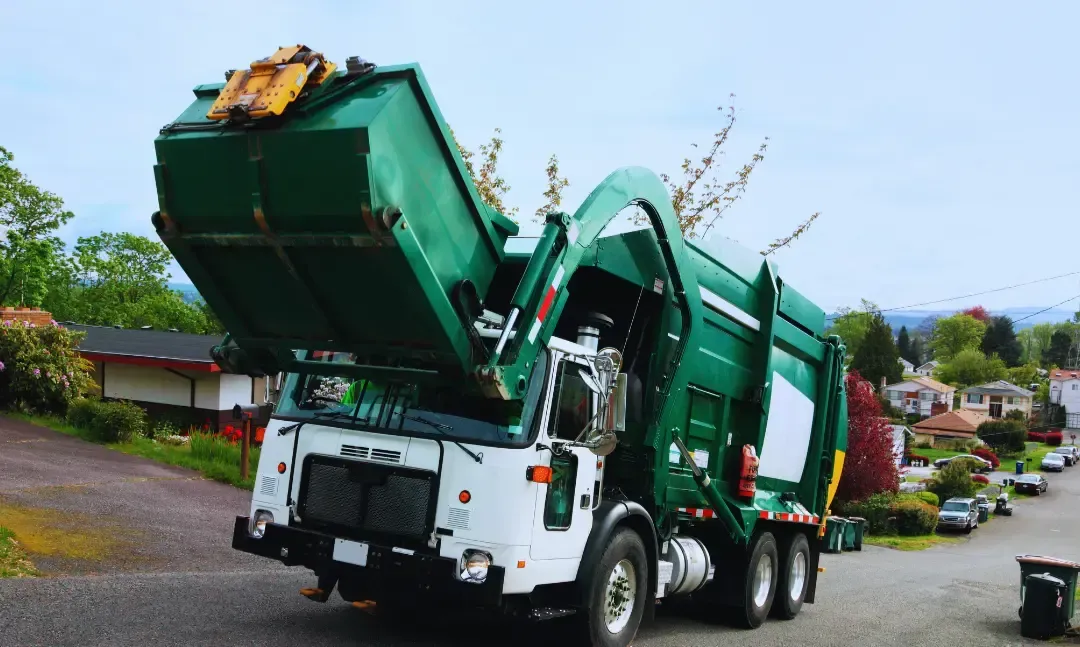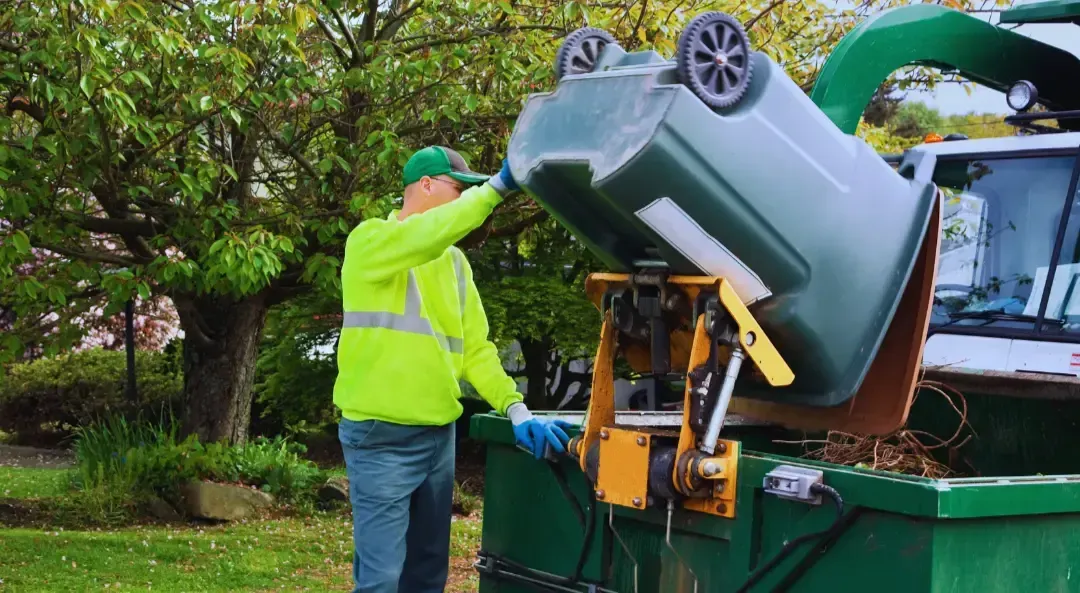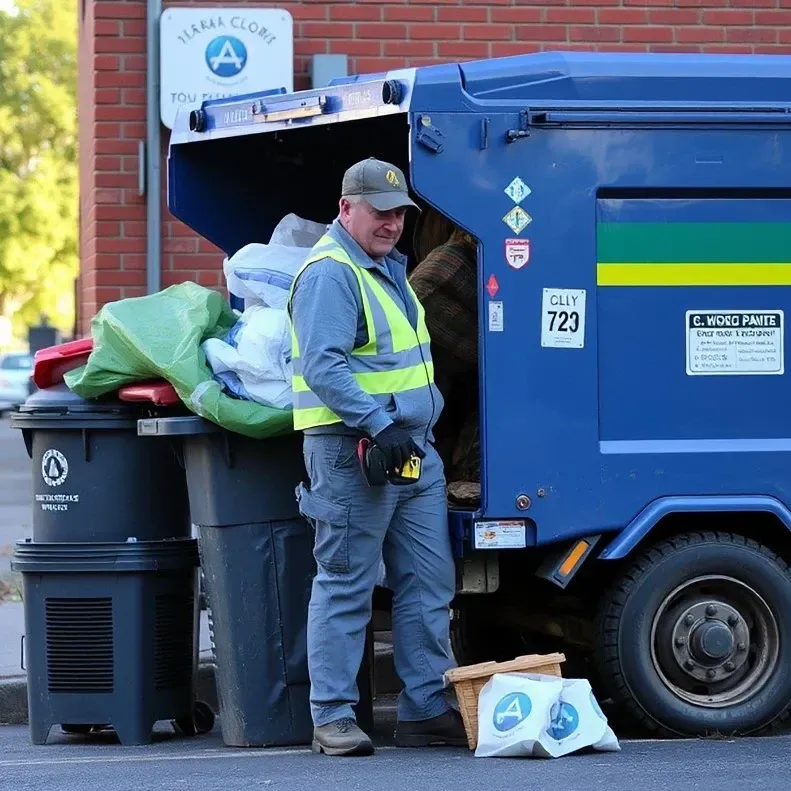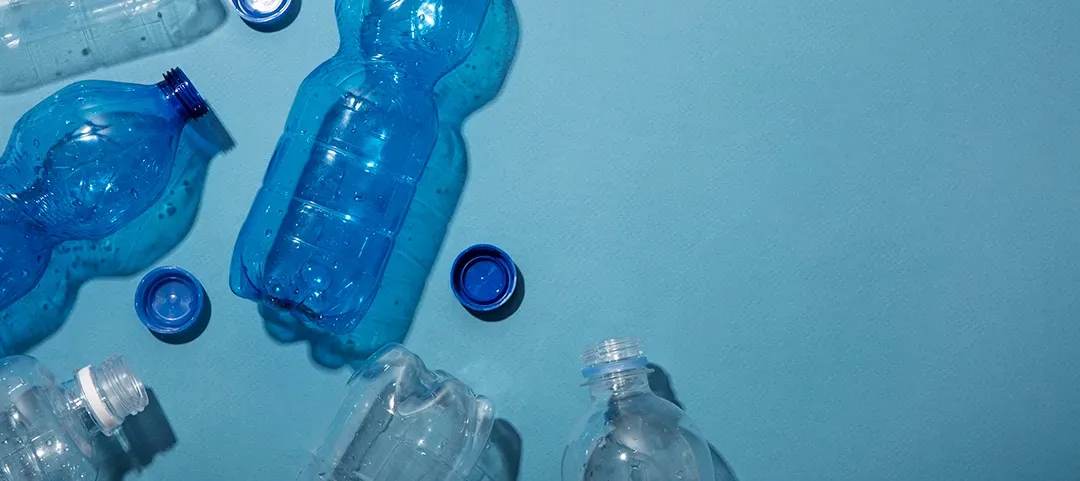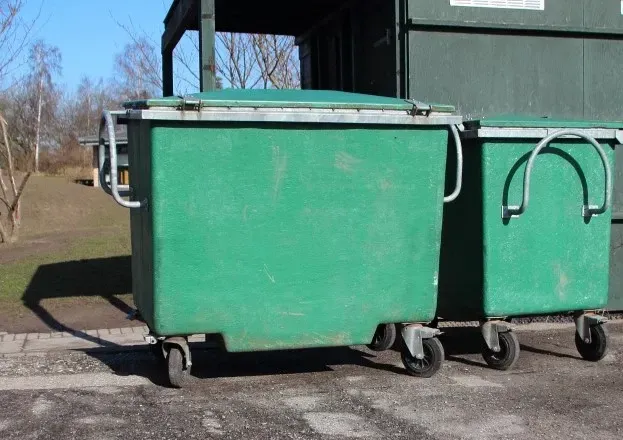Household Solid Waste Management Practices
Hey there! I'm excited to share my personal journey and experiences with household solid waste management practices in Floresville. Waste management might not sound like the most thrilling topic, but it's incredibly important for our environment and community. So, let's dive in and see how small changes can make a big difference.
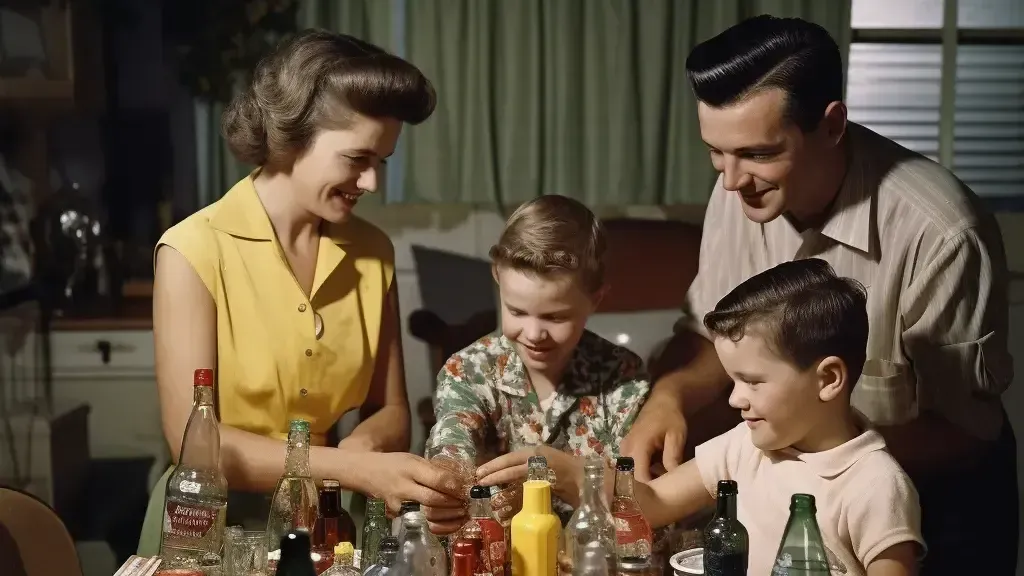
Living in the U.S., I've come to appreciate the convenience and availability of services that make waste management easier. However, I also believe that every household can play a significant role in reducing waste and its impact on the environment.
Waste Management Services
Floresville Waste Management provides comprehensive waste disposal solutions to meet the needs of both residential and commercial clients. Our reliable and efficient services help keep your property clean and clutter-free. Our key services include:
- Residential Trash Pick-Up: Enjoy hassle-free waste disposal with our regular residential trash pick-up service. We ensure timely and efficient collection of your household waste, keeping your home and neighborhood clean.
- Roll-Off Dumpster Rental: Perfect for construction projects, home renovations, and large cleanouts, our roll-off dumpster rental service offers convenient and flexible waste management solutions. We provide various sizes to suit your specific needs and ensure easy disposal of debris and large items.
- 8 Yard Dumpster: Our 8-yard dumpster service is ideal for medium-sized cleanups and commercial waste management. This dumpster size is perfect for handling larger volumes of waste without taking up too much space on your property.
My Household Waste Management Journey
1. Reduce, Reuse, Recycle
One of the fundamental principles I've adopted is to reduce waste. It all starts with mindful consumption. Before making a purchase, I ask myself if I really need it. If not, I look for alternatives or simply decide to do without it.
When it comes to items I no longer need, I explore opportunities to reuse them or recycle them through my local recycling program. Recycling helps divert materials from landfills, conserving resources and energy.
2. Composting
I've found that composting is a fantastic way to reduce kitchen waste. All those food scraps and yard clippings can be transformed into nutrient-rich compost that nourishes my garden. Composting is a win-win for both the environment and my green thumb!
3. Responsible Disposal
For items that can't be recycled or composted, I ensure they are disposed of responsibly. This includes hazardous waste like batteries or electronic waste. Many communities have designated drop-off points for these items to prevent them from ending up in landfills.
4. Educating Myself and My Family
I've made it a point to educate myself and my family about the importance of waste management. We're all on board with the 'reduce, reuse, and recycle' mantra. It's a small change that's had a big impact on our household's waste output.
Tables and Lists
Let's take a look at some numbers to better understand the waste landscape in the U.S.
Table 1: Average U.S. Household Waste Composition
| Material | Percentage of Waste |
|---|---|
| Paper | 27% |
| Food Waste | 28% |
| Plastics | 13% |
| Yard Waste | 13% |
| Glass | 8% |
| Metals | 7% |
| Other | 4% |
List of Common Household Waste Items to Recycle
- Paper and cardboard
- Plastic bottles and containers
- Glass bottles and jars
- Metal cans
- Electronics
- Batteries
Quotes
"The environment is where we all meet; where we all have a mutual interest; it is the one thing all of us share." - Lady Bird Johnson
"Waste is an urgent global issue. It's time to take responsibility for our own trash." - David Attenborough
Key Takeaways
- Reduce waste at the source: Being mindful of what we buy and consume is the first step.
- Recycle right: Understand your local recycling guidelines to ensure you're recycling effectively.
- Composting is your friend: Turn kitchen and yard waste into nutrient-rich compost for your garden.
- Proper disposal: For items that can't be recycled or composted, ensure they're disposed of responsibly.
Conclusion
In my journey to better waste management at home, I've realized that even small, individual efforts can collectively have a significant impact on the environment. Together, we can reduce the burden on landfills, conserve resources, and make the U.S. a greener and cleaner place to live.
So, why not join me in taking these steps toward a more sustainable and eco-friendly future? Start by reducing, reusing, and recycling, and make a positive change, one small step at a time.
FAQ
Q1: Can I recycle plastic bags?
A1: In most areas, plastic bags are not accepted in curbside recycling bins. However, many grocery stores have collection bins for plastic bags, so you can recycle them there.
Q2: What can I do with old electronics?
A2: Electronics can often be recycled. Check with your local waste management facility or electronics stores for e-waste recycling options.
Q3: Why is reducing food waste important?
A3: Food waste contributes to landfills and generates methane, a potent greenhouse gas. Reducing food waste can help combat climate change.
I hope you find this blog post informative and inspiring in your own journey toward better household solid waste management practices. Remember, every little bit counts, and collectively, we can make a big difference.
